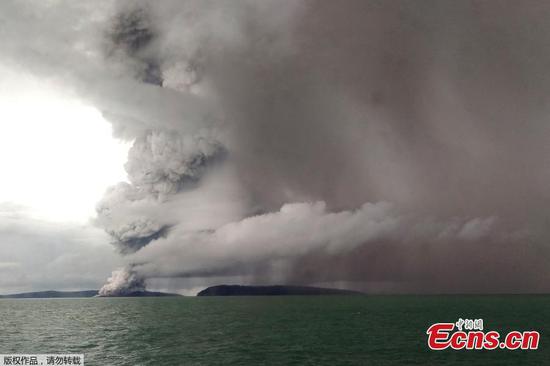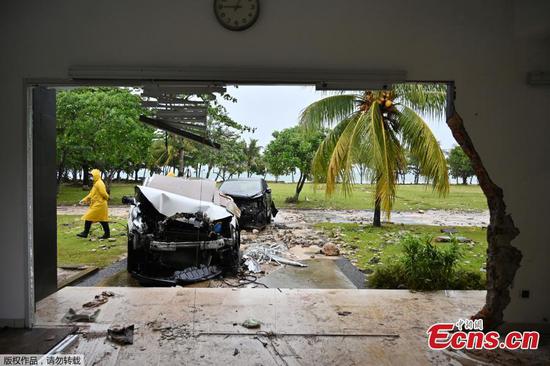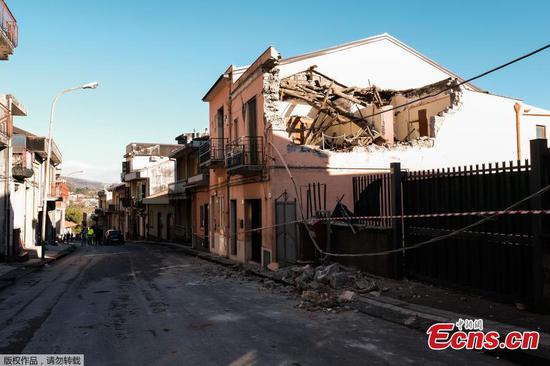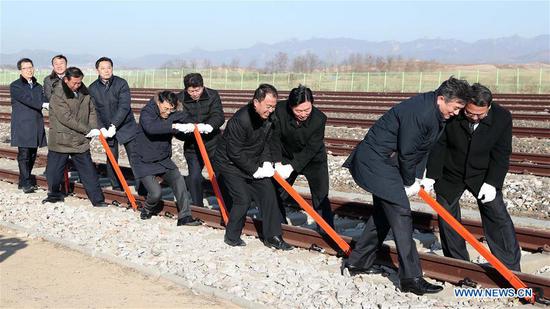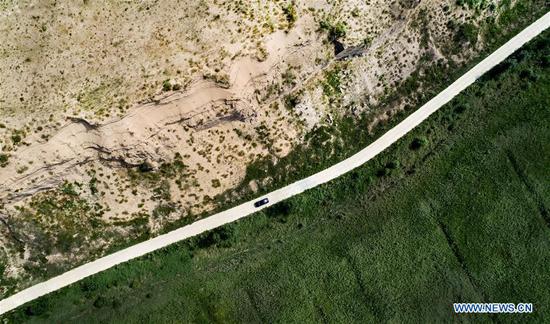The U.S. Senate convened briefly Thursday afternoon before adjourning until next week, with no signs of a deal to end the budget impasse that has shut down a quarter of the federal government.
The Senate will reconvene on Monday, Dec. 31, for a pro forma session only, and then return to the Capitol Hill on Wednesday, Jan. 2, to resume consideration of the border wall funding.
House Majority Whip Steve Scalise on Thursday also advised members that "no votes are expected" in House this week.
The partial government shutdown, currently in its sixth day, was triggered by the White House and Congress' failed attempts to resolve a budget stalemate over the funding of the president's long promised U.S.-Mexico border wall.
President Donald Trump has demanded 5 billion U.S. dollars for the border wall, a centerpiece of his 2016 campaign, but Democrats were only willing to approve 1.3 billion dollars to enhance border security, insisting that a physical barrier is off the option.
Just a few hours before the Senate meeting Thursday, Trump again blamed Democrats for the budget deadlock and criticized Democrats' opposition to funding the border wall.
"Have the Democrats finally realized that we desperately need Border Security and a Wall on the Southern Border," the president tweeted Thursday morning. "Need to stop Drugs, Human Trafficking, Gang Members &Criminals from coming into our Country."
The president followed that up with tweets criticizing the "Democrats OBSTRUCTION of the desperately needed wall."
Drew Hammill, a spokesman for Democratic House Leader Nancy Pelosi, disputed such accusation. "Democrats have offered Republicans three options to re-open government that all include funding for strong, sensible, and effective border security -- but not the President's immoral, ineffective and expensive wall," he said.
"With the House Majority, Democrats will act swiftly to end the Trump Shutdown," Hammill said. The Democrats are set to take control of the House on Jan. 3.
The shutdown has affected nine federal agencies, forcing about 420,000 federal employees, who are deemed essential, to work without pay, while 380,000 others are set to take unpaid leave, according to an estimation from the Senate Appropriations Committee. Enditem











